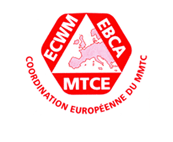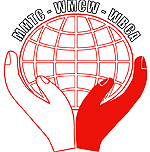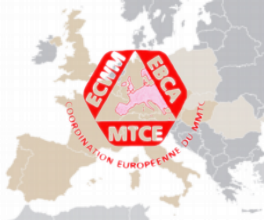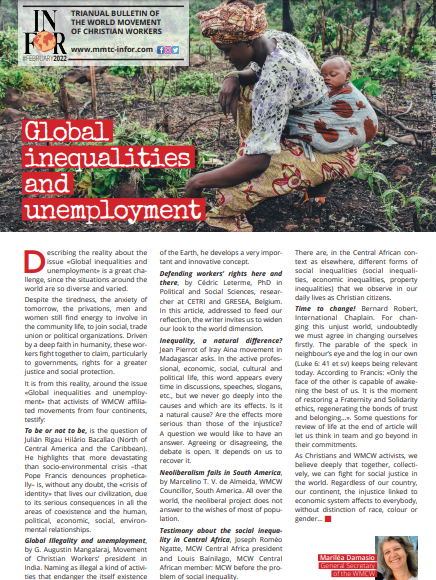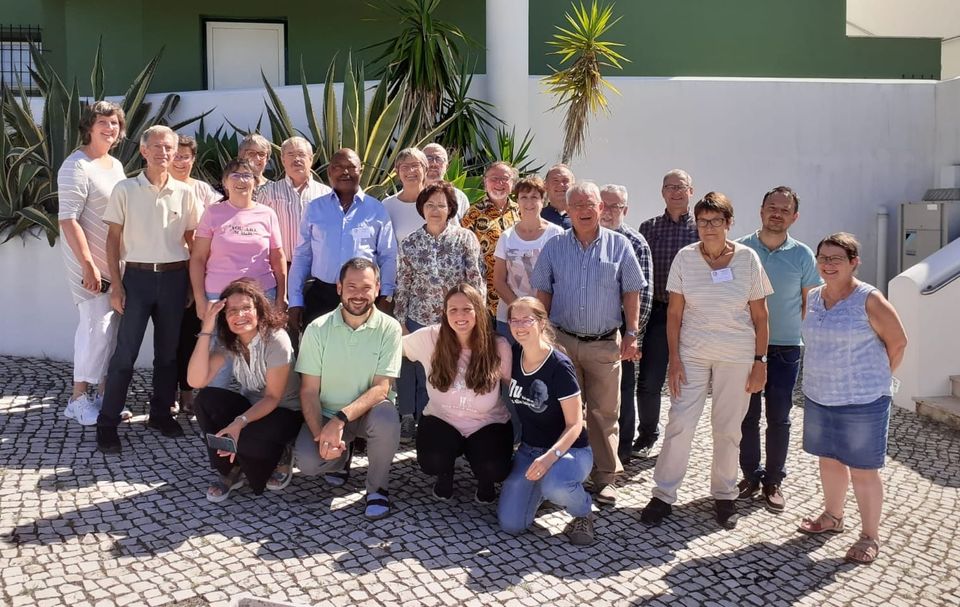
Hope is bold!
The European Christian Workers' Movement (ECWM/ECWM/MTCE) organised a seminar entitled "Impact of the Coronavirus Pandemic on Employment and Social Affairs - Experiences and Actions for Recovery" in Lisbon, Portugal, from 21 to 24 September. 35 representatives of affiliates from 8 European countries attended the seminar, all contributing with their experiences and perspectives.
The Corona pandemic is not only a health problem. It is also a social problem that exacerbates pre-existing problems like a burning glass. These include poverty, unemployment, unequal living conditions, inequalities between women and men, between rich and poor. The gaps have increased.
We see that existing injustices are worsening.
- In the pandemic, the situation of paid and unpaid care workers has become the focus of our attention. Care workers were already overworked before. The pandemic has further accelerated the downward spiral. In spite of the importance of health care which we saw during the Pandemic, monetary interest governs in several cases.
- Governments have provided financial support to businesses and workers. However, in many places this support was not targeted enough. This has led to many social upheavals.
- During the pandemic, the extent of mobile working or home office has increased significantly. However, not all countries have the legal framework in place to ensure workers' rights in these forms of work. It remains an open question how mobile work can be used for the benefit of workers. Shadow sides include the isolation of workers with consequences for worker’s organisation and the exclusion of those who do not have sufficient access to digital work tools.
- In the course of the discussion about home office, many people lose sight of the fact that a large part of work activities can only be done in the presence of others. These workers were particularly exposed to the virus during the pandemic. They must remain the focus of our attention.
- We have also seen that those groups that are already vulnerable were also particularly affected by the pandemic. These include, for example, poor people, migrants, Roma, people with disabilities, young people.
- E The pandemic had a major impact on many young people, for example in education, where everything was switched to digital education without adequate preparation and not all students had adequate jobs for home-schooling. Young people often work in precarious conditions, and precariously employed people were among the first to lose their jobs due to the pandemic. Psychologically it was also very difficult for many young people as they could no longer do activities with other young people due to the closure.
- The pandemic has resulted in psychological stress for many people to this day. The tendency towards individualism has increased.
Nevertheless, we also see positive examples that give us hope:
- During the pandemic, activities that otherwise often remained invisible, but which are particularly important for society, e.g., care, cleaning, transport, logistics, kindergartens and schools, etc., finally came into view.
- The willingness to act in solidarity has grown in many places. In neighbourhoods, people have taken the initiative to support each other.
- During the pandemic, social economy enterprises have particularly put their strengths to work. By putting solidarity at the centre, they have shown themselves to be particularly resilient. The social economy is active in all sectors: They are local enterprises that reduce inequalities and contribute to sustainable employment.
Judging
"Get up and walk" (Mk 2:0)
In the face of this reality, we formulate our convictions and orientations in order to bring them clearly into the public debate. In doing so, we listen in a special way to the experiences and needs of the people with whom we act in solidarity. In particular, we advocate:
- The right to dream in the future of work, in which we have significantly improved working conditions. It is good that socially relevant activities have become visible, but now it is a matter of sustainably improving working conditions According to the importance that this work has.
- For a world in which people are at the centre. They should be at the centre of our own actions, as well as at the centre of economic activity. We need an economy that serves people.
Every person is capable of doing something socially valuable. All people must also find the conditions in which they can work accordingly.
The weakest and most vulnerable must be the focus of social action in a special way. Welfare state support and social infrastructures must ensure that all people can live in dignity.
We formulate our convictions as an expression of our faith. Jesus Christ, in whose following we are, considered all as children of God and therefore we consider all people as sisters and brothers.
We stand up for solidarity. No human being lives independently of the society in which they live. We see the need to ensure that no one is left out of welfare state solidarity. And we see the need to further strengthen forms of solidarity in social economy initiatives.
Act
The pandemic has shown us in all clarity that social changes are necessary. We will demand these changes and contribute to solidarity and justice ourselves. As Christians and as Christian workers' movements, we want to contribute to a different, better world. We are committed to making these demands a reality:
- Our solidarity is concretised in our commitment to workers, especially those who are particularly vulnerable. We are already designing concrete projects for solidarity and will continue to strengthen them.
- We facilitate and organise education (formation and popular education) and empowerment, on a personal and collective level, for emancipation and autonomy.
- We promote dialogue between the church and the working class. We draw the attention of the church to working conditions and demand positioning in terms of human dignity.
- We actively shape political change and get involved in political debates.
- To this end, we enter into dialogue with other organisations and work together with them for change.
- We take up the challenge that the climate crisis poses for us. This includes reflecting on it in its connection with social issues and bringing an informed stance to social debates based on our convictions.
- We call for a due diligence law (supply chain law) at EU level that effectively improves working conditions and environmental responsibility in supply chains. We act also in our countries to influence the EU.
Where we work locally, we have an eye on global structural injustices. We believe that everyone can contribute to the social change we need. Even when things are difficult - we do not give up hope. Hope is bold.
ECWM, Lisbon 25th September 2022
-------------------------------------------------------
